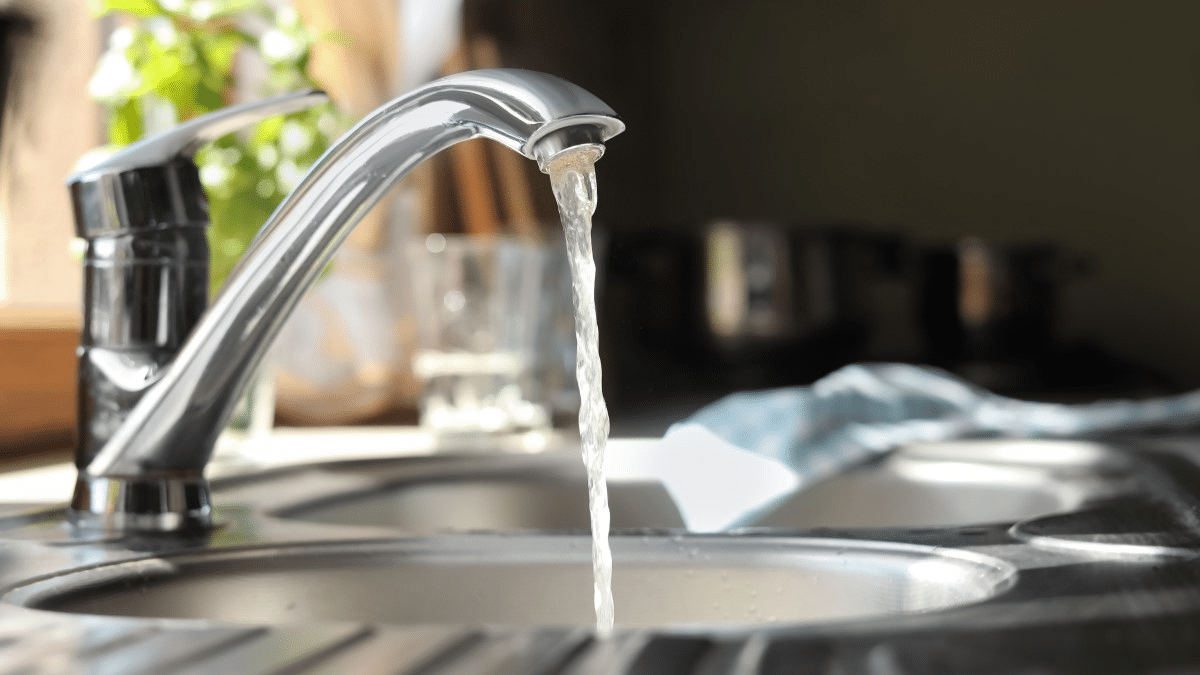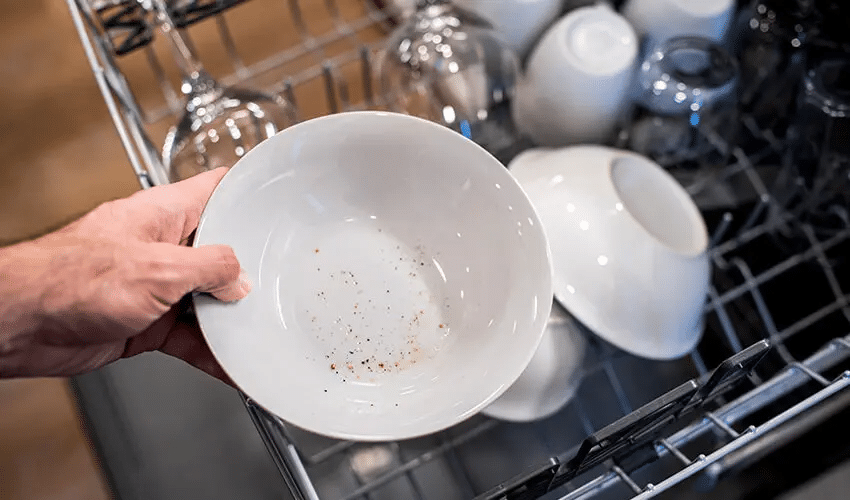Daily, many individuals cannot imagine their life without using the dishwasher and expect it to provide clean dishes and shining glasses. However, it is also annoying to empty a cycle and discover even food remains, smokescreens, or an oily layer on your dishes.
These unsatisfactory performances are more often than not due to minor yet frequent mistakes when loading, maintaining or even in selecting cleaning products. With proper attention to some ignored aspects, you may be able to achieve a big difference in the cleanliness of your dishes each time they are washed.
Wrong Loading Practices
The manner in which things are packed in the dishwasher is one of the most common reasons behind dirty dishes. In case plates and bowls are piled in too tight, water and detergent do not reach all surfaces. Equally, when large pots or pans in their path block the spray arms, smaller things like glasses and utensils can still be left with food particles thereof. Adequate spacing is very essential, because it gives the water room to move freely and all surfaces are well cleansed.
Another mistake that can cause poor outcomes is common with overloading the racks. Although it may be tempting to fit in the remaining cup or plate of food in order to save time, that does not always work out.
A full dishwasher decreases the effectiveness of the spray system and objects frequently bang together, resulting in ineffective cleaning and possible scratches. Waiting a couple of minutes to load your dishes will ensure that your dishes remain good and every cycle works better.
Failure To Cleanse The Filter And Spray Arms
Dishwasher filters are vital in trapping food debris and with a blocked filter, water returns particles on dishes. Some users do not clean the filter on a regular schedule resulting in fogged glasses or oily dishes regardless of how strong the cycle. It is an easy routine that can create a visible impact by taking off and washing the filter within a number of weeks.
Spray arms are also vital and they have small holes that easily get blocked with food bits or deposits of hard water. No water can pass through them appropriately, so it will not reach every part of the load. Spray arms should be checked and cleaned to restore good water pressure so that detergent is spread efficiently all over your dishes.
Wrong Detergent Or An Overabundance Of The Stuff
The other error is misuse of detergents. Some individuals assume that the more the detergent used the higher the cleanliness of the dishes, however, it is not always the case. Detergent may leave behind a film that is adhesive to plates and glasses. This leftover is more evident in transparent surfaces like drinking glasses which can still look cloudy when they are actually clean. It is important to apply the right quantity of it in order to obtain cleanliness and shine.
Results can also be dependent on whether dishwasher tablets, powders, or gels are used. Tablets are also convenient and clean and well balanced, however, not all brands are the same in all machines. It takes some experimentation to find the right fit to your dishwasher. Remaining with high quality products and obeying the instructions of the maker will see you not disappointed with the dull or dirty plate.
Neglect Of Water Quality And Maintenance

Another unknown element that can result in dirty dishes after a complete washing is hard water. The water contains minerals that form spots and streaks that are hard to eliminate unless we use rinse aids or a softener.
Residents of hard water areas usually enjoy the added cleaning action of dishwasher pods that are developed with extra cleaning agents. These products will be able to work against the mineral deposit and lead to better outcomes.
Routine maintenance can be also used to avoid issues that arise due to water quality. A single clean cycle each month using a dishwasher cleaner wipes out mineral deposits and grease that are deposited inside the machine. Maintaining the interior keeps the appliance life going, but also makes sure that dishes are as clean as possible.
Not Pre-Rinsing When Required
Although the current dishwashers are made to clear the food contents, putting heavily contaminated dishes directly into it may overload the machine. Massive food can also be trapped in the filter or block the spray arms resulting in a poor wash. Lightly rinsing off or scraping off extra food before loading simplifies the work of the dishwasher to do its duty effectively.
Conversely, over-pre-rinsing also runs the risk of being an error. Dishwashing detergents are structured to strive with a particular amount of soil on the dishes. When goods are overwashed in advance, the detergent may not work effectively, and its cleaning ability will be less.
As much as you can wash your dishes completely before loading them, striking the right balance between scraping and not completely washing them before loading will give you the best result.
















